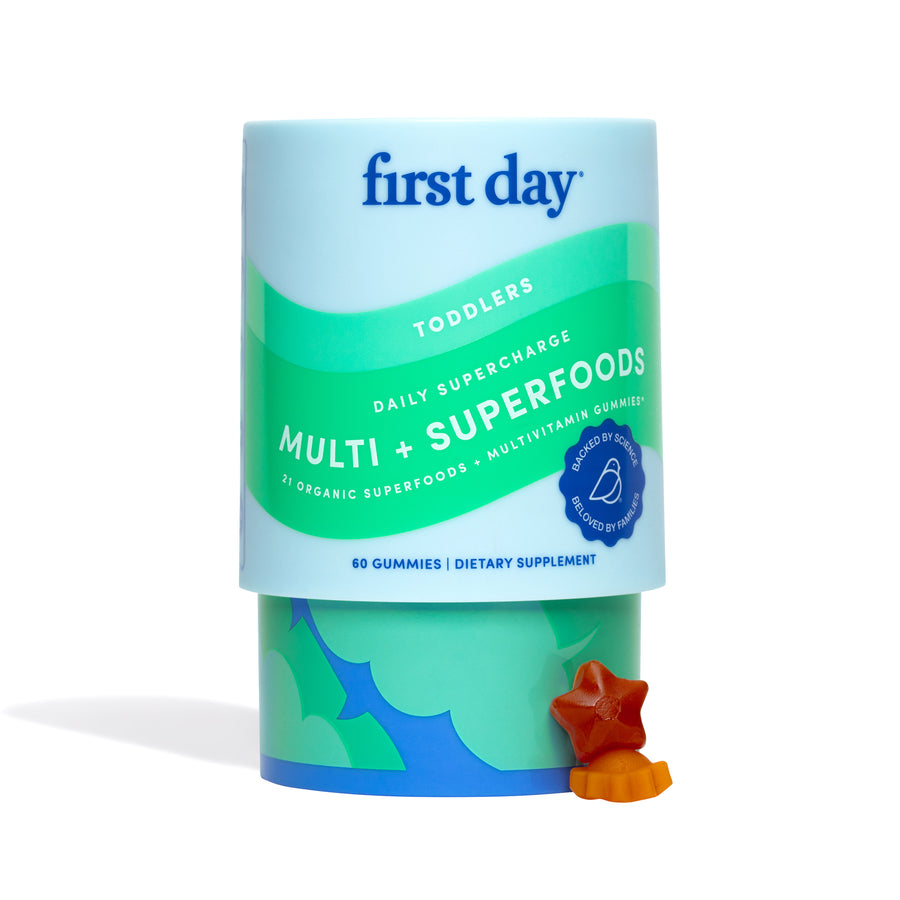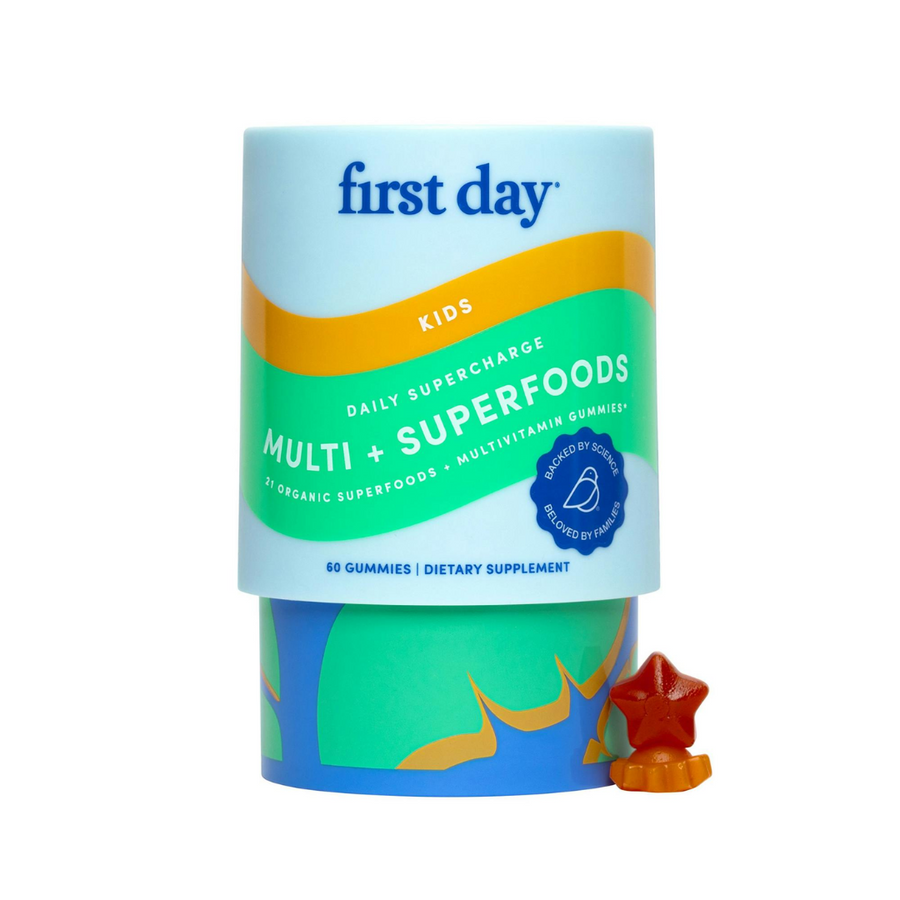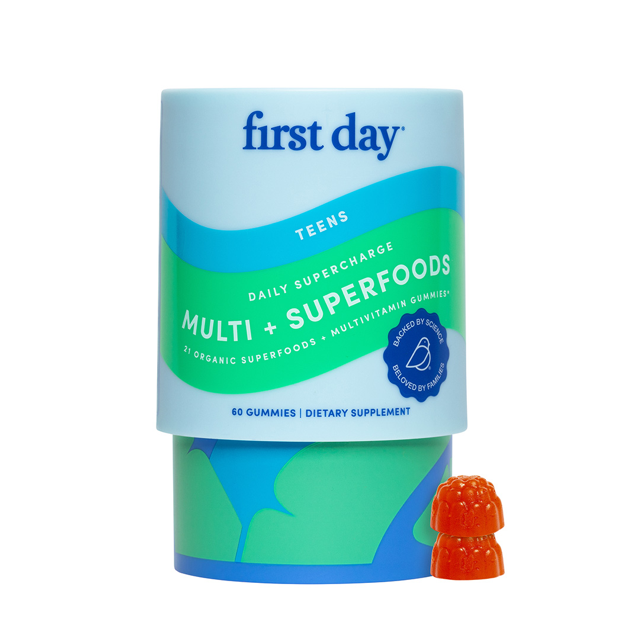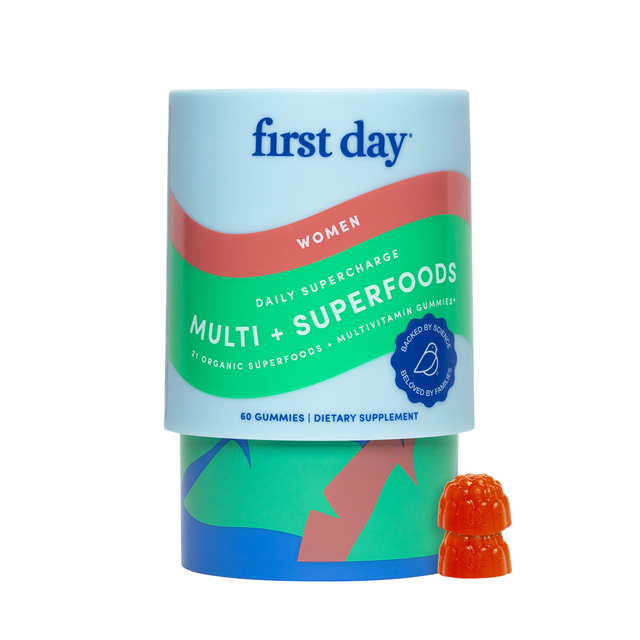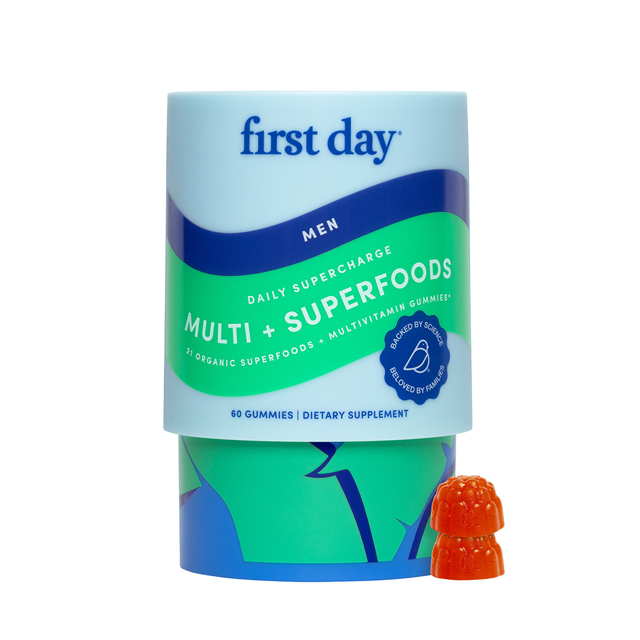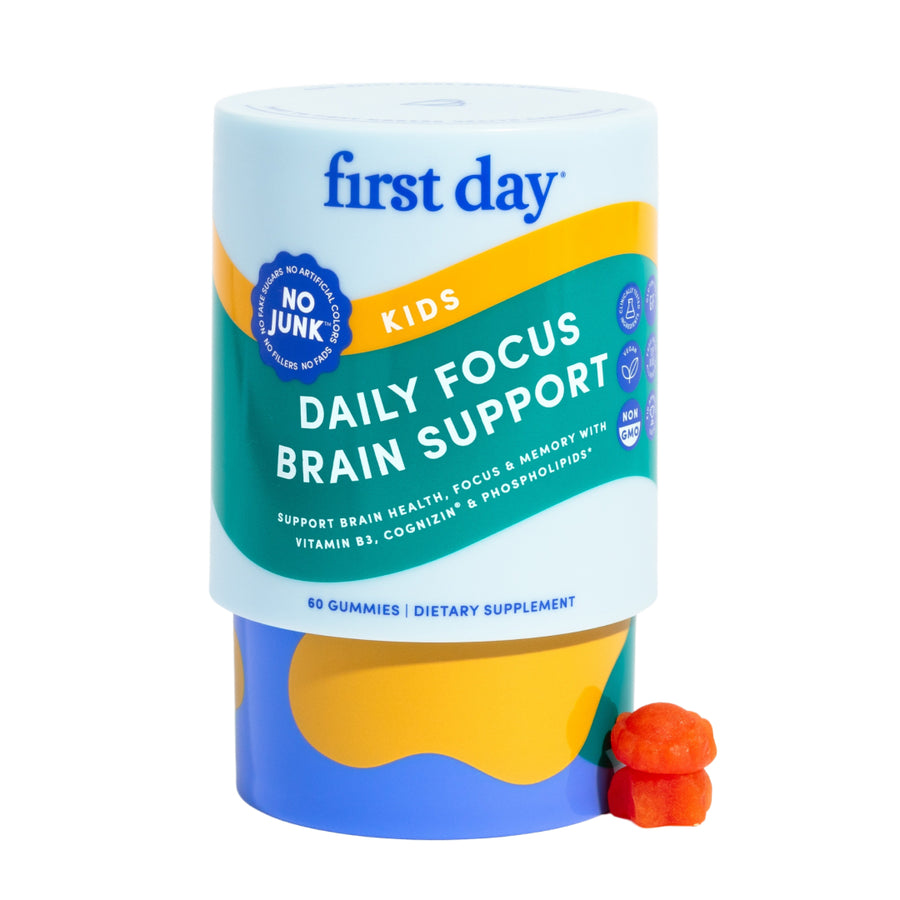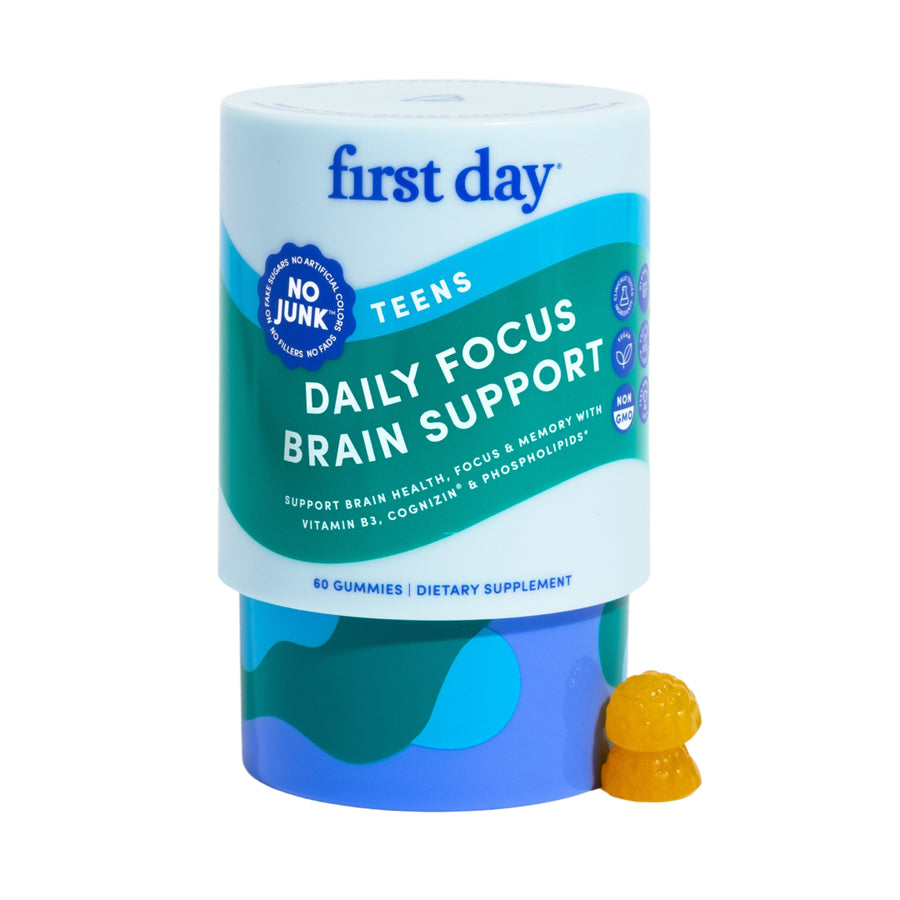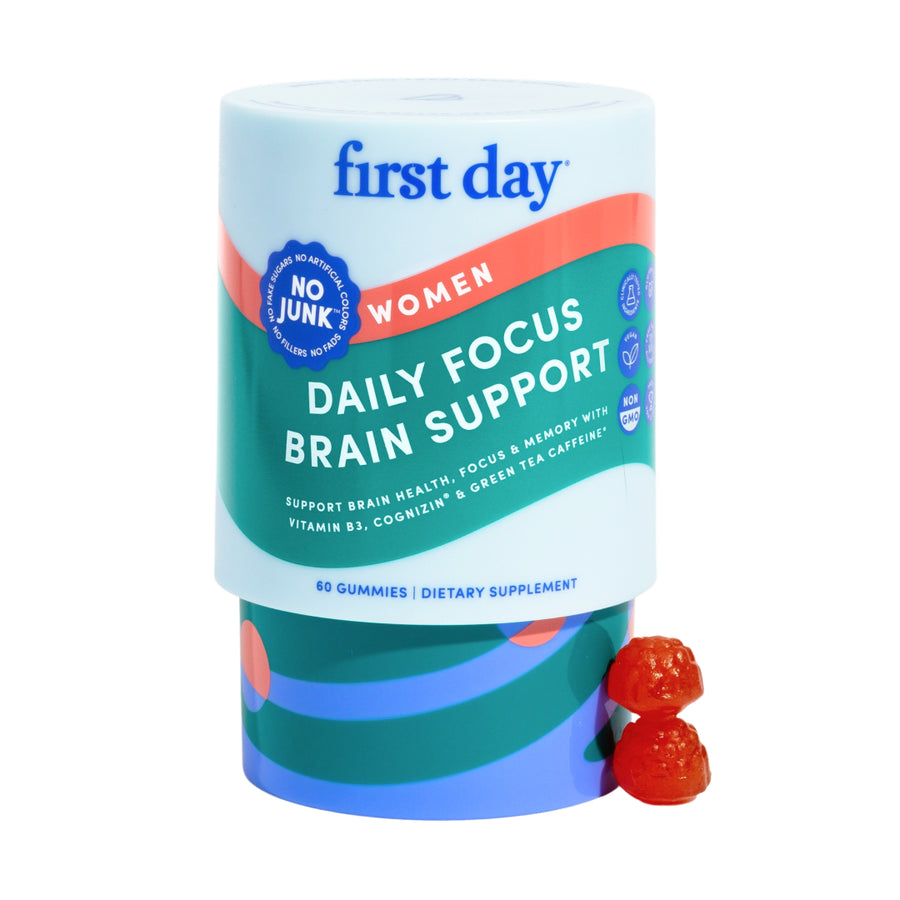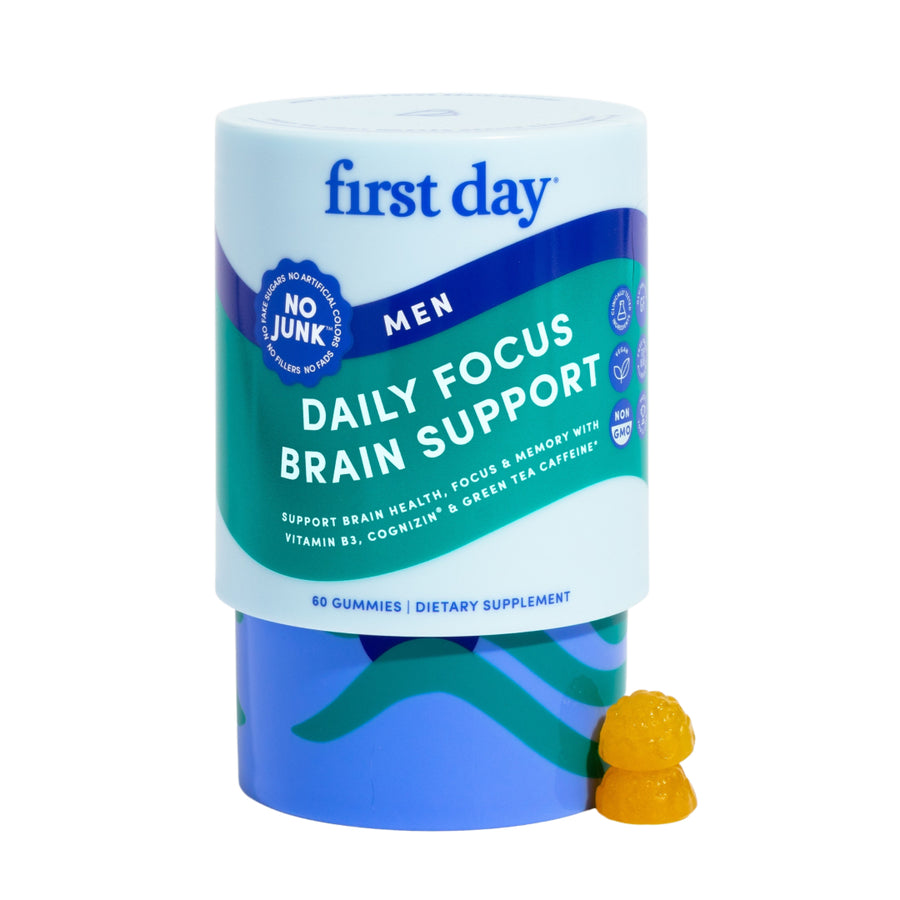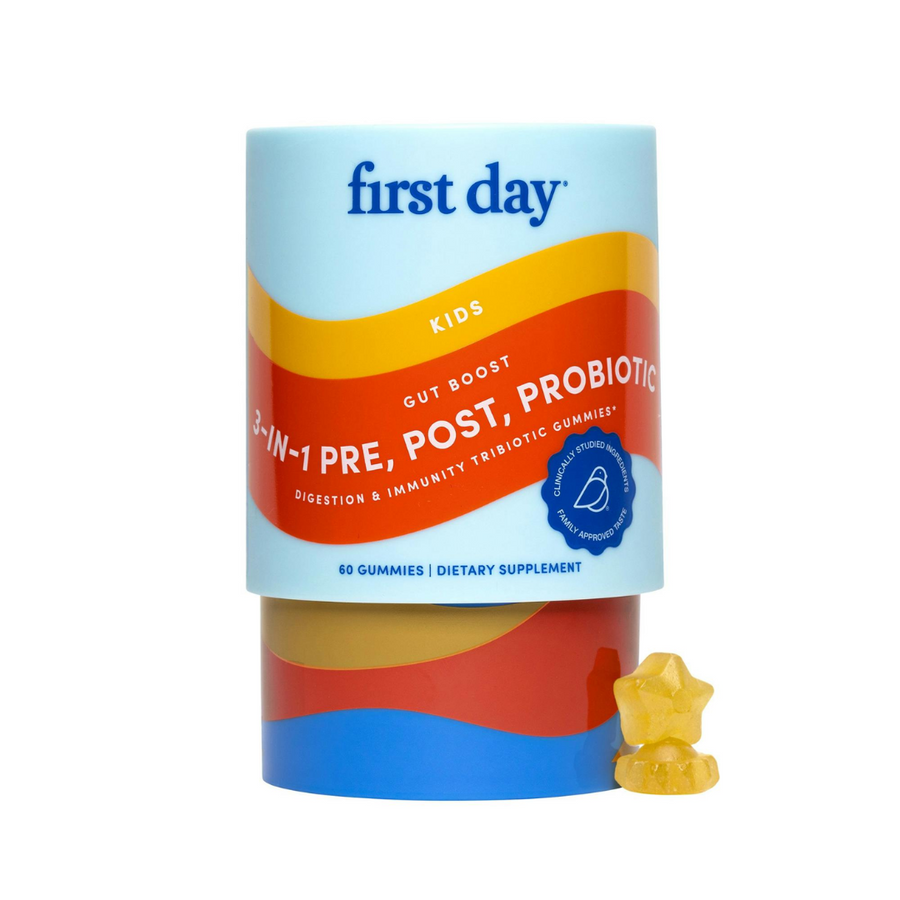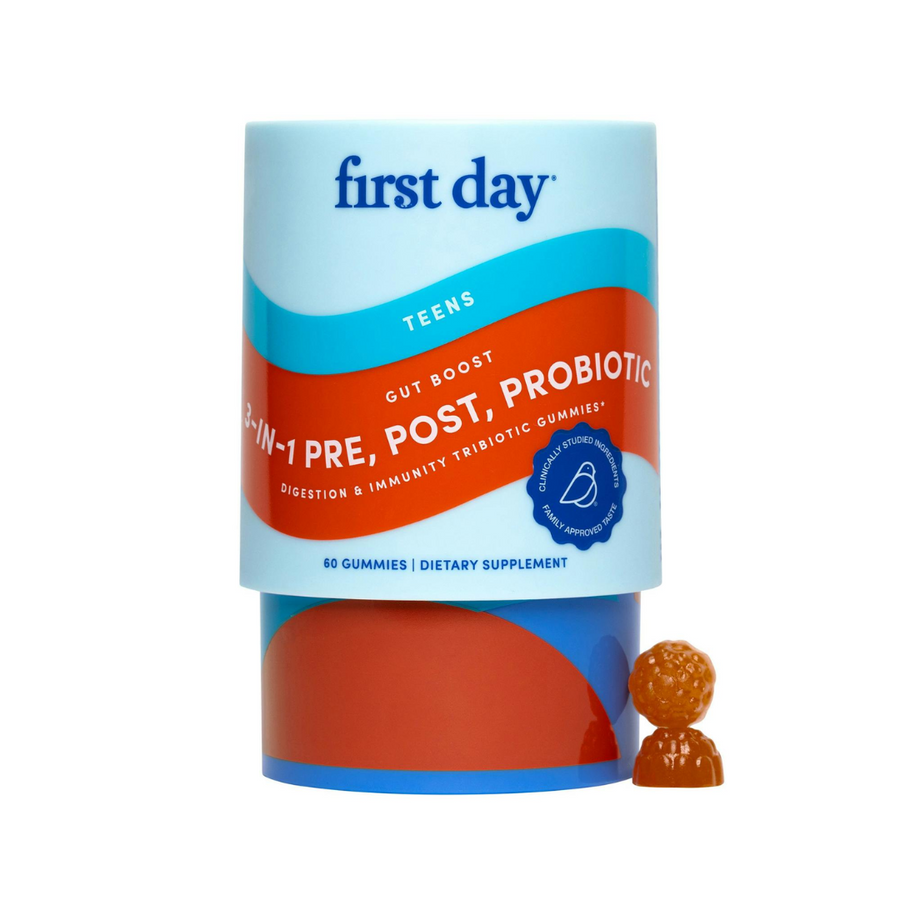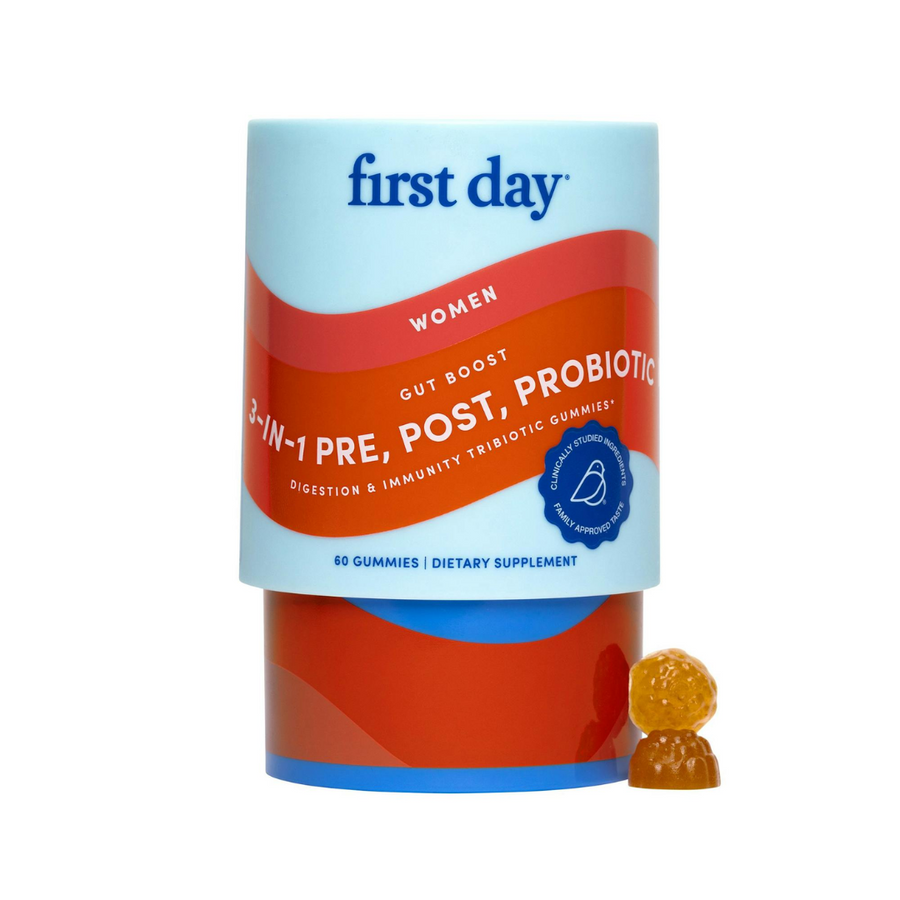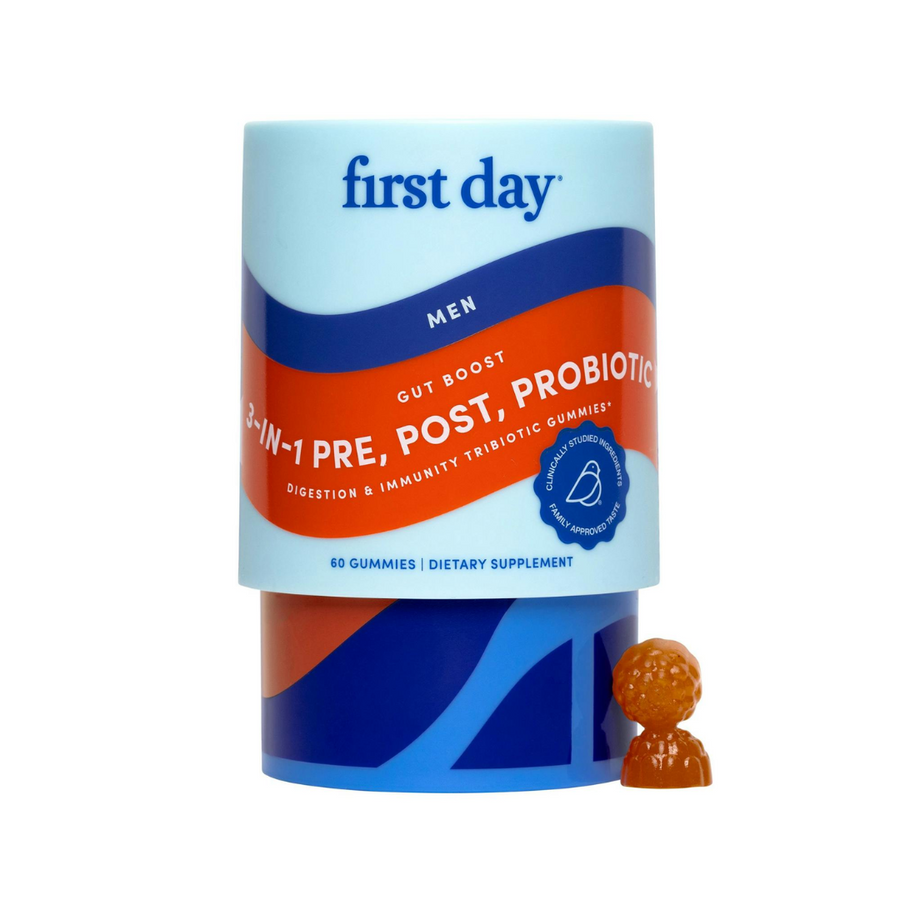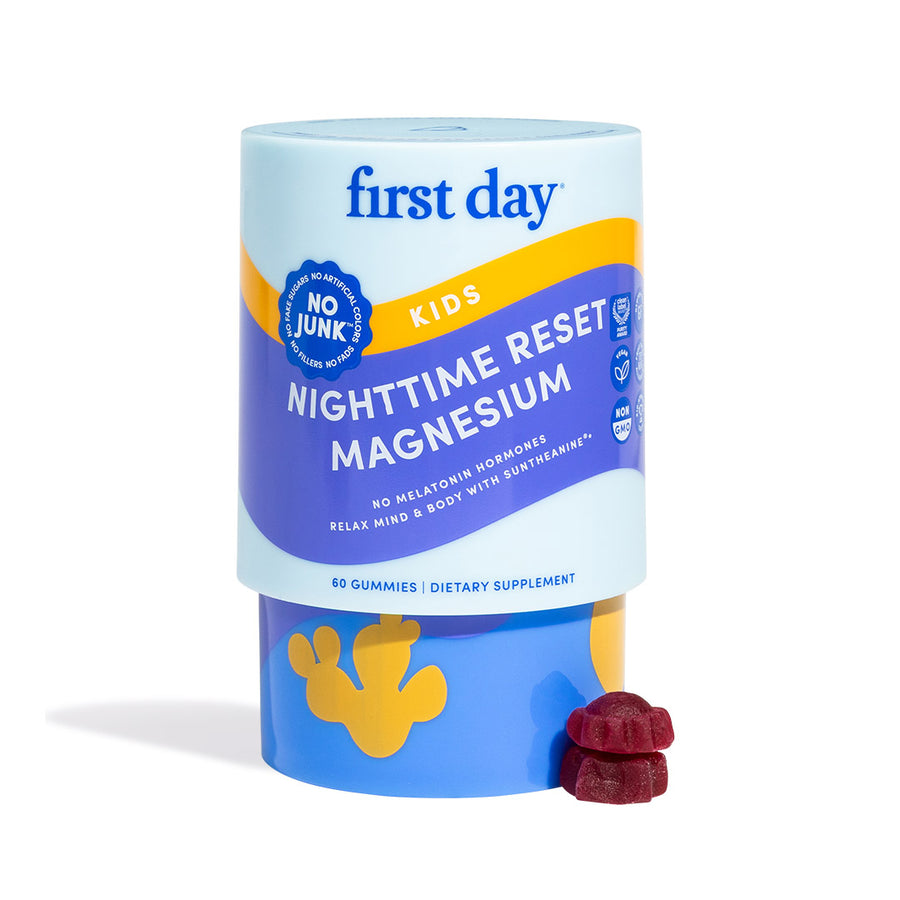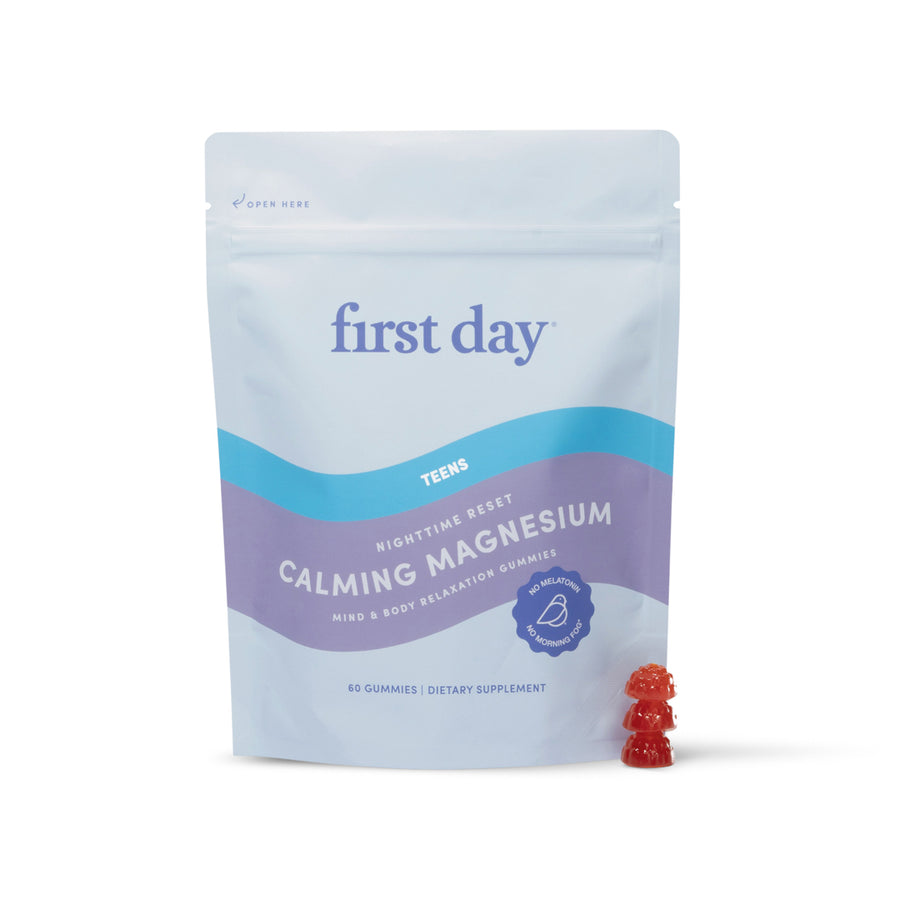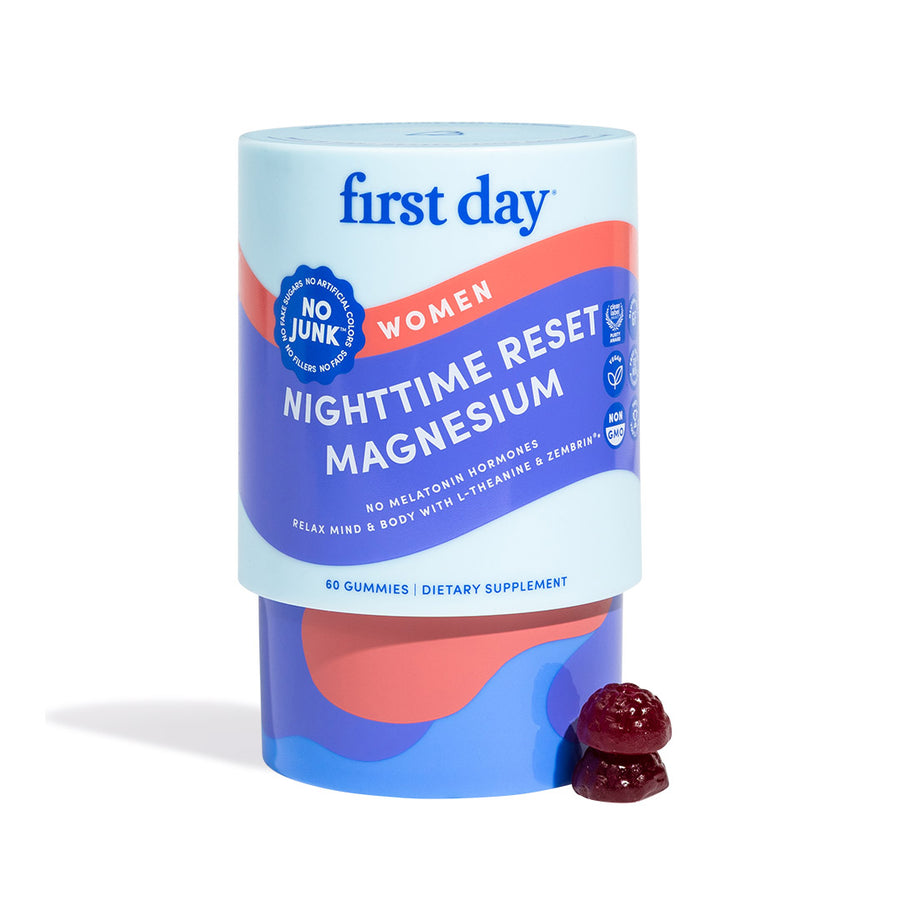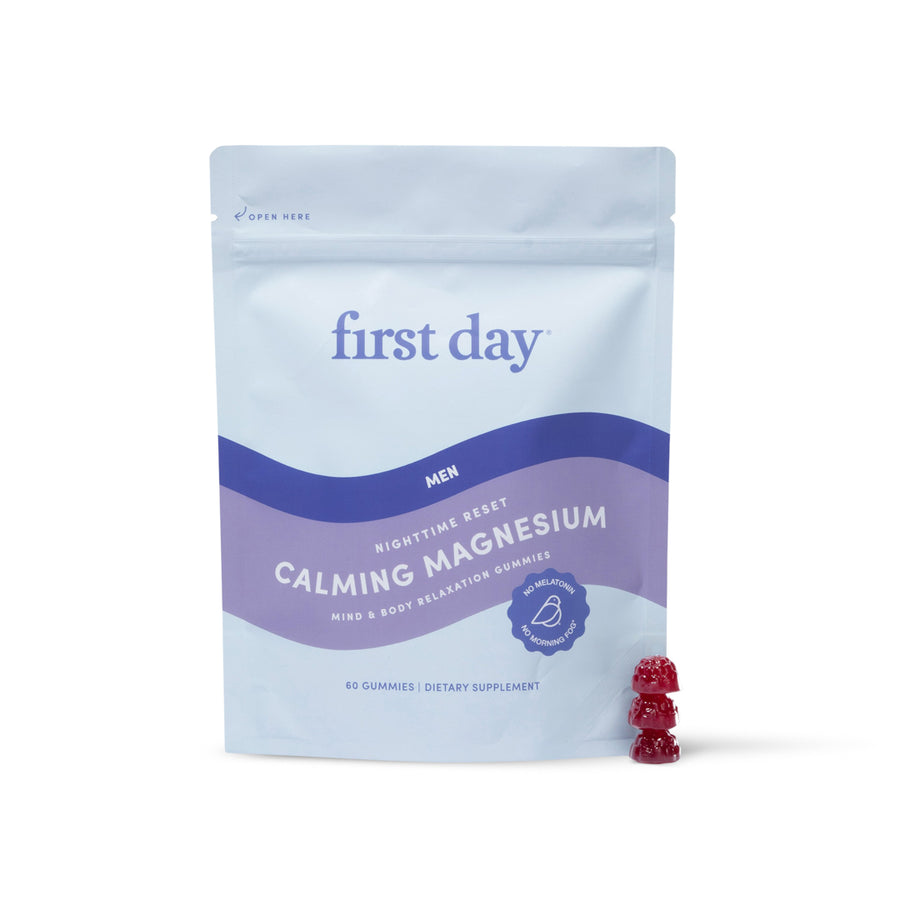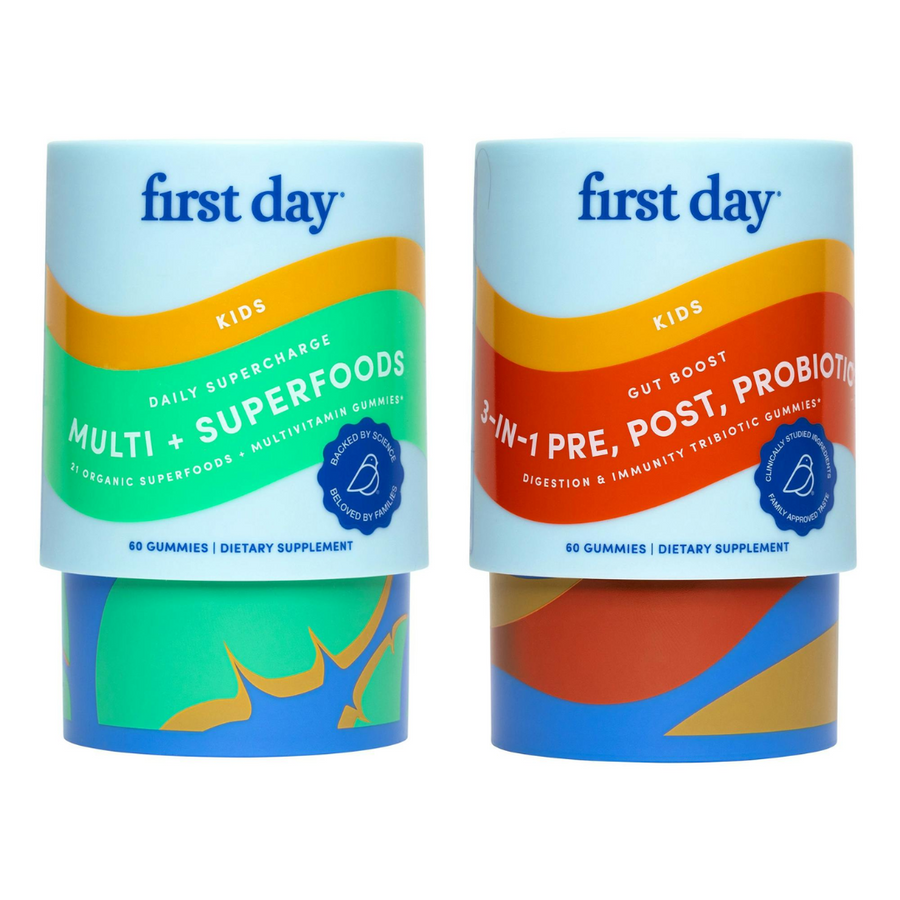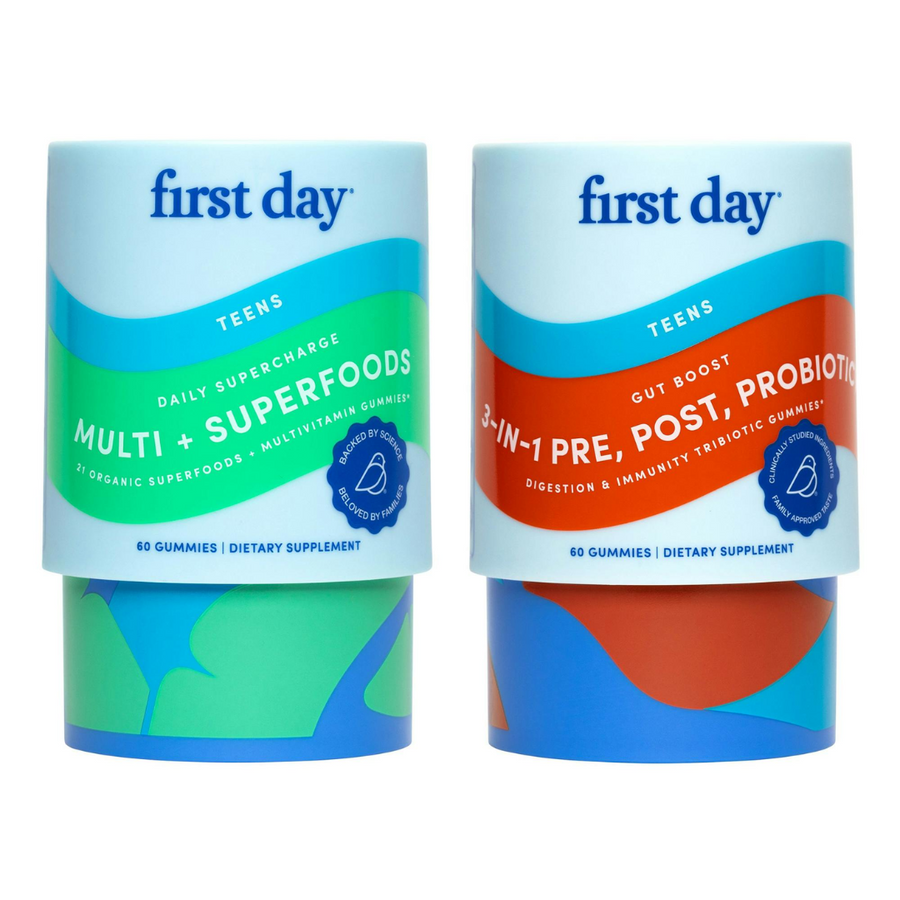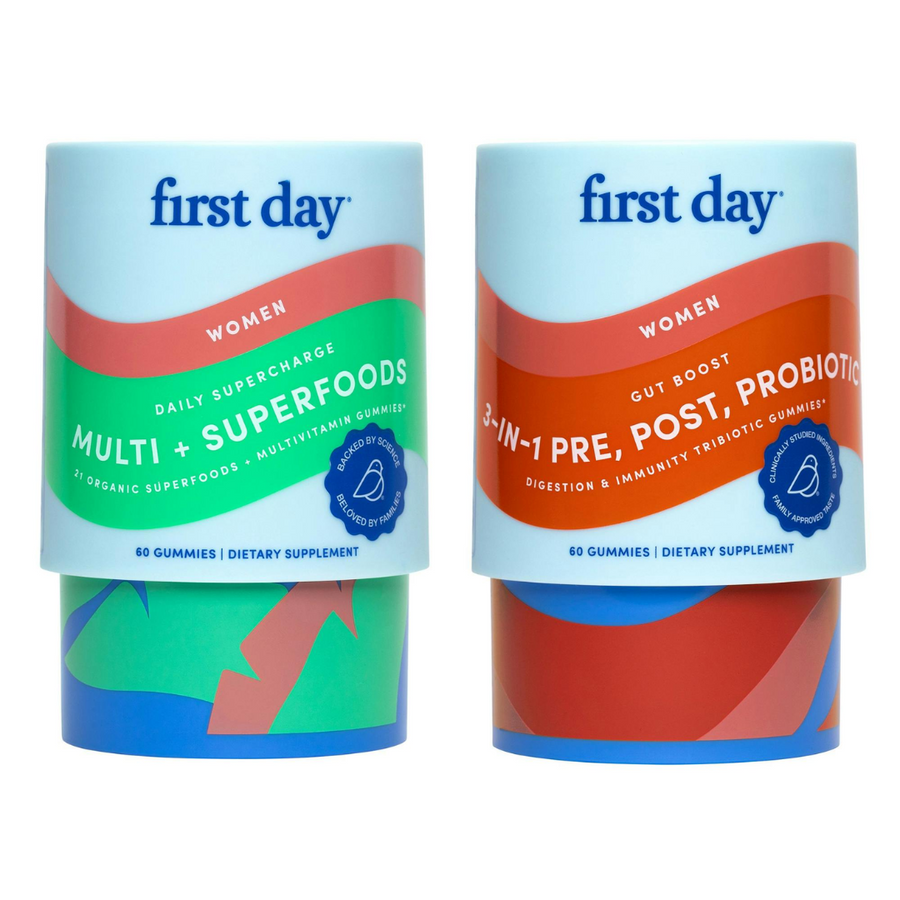Our fast-moving world can be stressful and unpredictable. So it's super important to make sure you feel good inside.
We all want to be happy and calm, right? Well, here's something interesting. We dive into the question, "Can vitamins help with mental health?"
Discovering the Power of Vitamins for a Happier You
Let's explore the world of vitamins that help with mental health and make you feel better.
What Are Vitamins and Why Do They Matter?
So, what vitamins help with mental health, anyway? They're tiny nutrients that our bodies need to stay healthy and strong. There are two kinds of vitamins:
- Water-soluble vitamins: These are B vitamins and vitamin C .
- Fat-soluble vitamins: These are vitamins A, D, E, and K .
But here's the exciting part. These vitamins aren't only good for our bodies. They also help keep our minds and emotions in check!
Vitamins + Happy Hormones = Better Mood
Have you ever heard of something called "happy hormones"? These are like little messengers in our bodies that help us feel happy, calm, and not so stressed. Happy hormones, AKA endorphins, include serotonin, oxytocin and dopamine. Vitamins play a huge role in making sure these messengers do their job right.
- Vitamins B6, B12, and Folate: These vitamins help make those hormones like serotonin and dopamine. When you have enough of these vitamins, you're more likely to feel happy and calm.
- Vitamin B6 and Dopamine: Dopamine is another cool messenger. It makes you feel motivated and pleased when you do something fun or rewarding. Vitamin B6 helps your body make dopamine , so you stay motivated and happy.
When Not Enough Vitamins Equals Feeling Blue
Now, let's talk about when things go wrong. If you don't get enough of certain vitamins, your mood can take a hit. This can lead to depression and anxiety.
- Low Vitamin B12: This can make you feel down, tired, and low on energy .
- Low Folate: Folate helps make those happy messengers we talked about earlier. When you're low on it, you might feel depressed.
- Low Vitamin D: Low Vitamin D connects to anxiety symptoms. Vitamin D helps control mood messengers like serotonin in your brain. Getting enough Vitamin D can help manage your mood and anxiety.
Inflammation, Immunity, and Mood

Did you know that our body's defense system, called the immune system, also has a say in our feelings? It's not only about fighting germs; it can affect our mood and emotions too! Sometimes, our body is not feeling its best due to a process called chronic inflammation. This can then mess with our mood and make us feel anxious or sad.
But here's the good news: vitamins can come to the rescue! Some vitamins, like A, C, and D, are like superheroes. They don't only help our immune system; they also fight the inflammation that can make us feel down.
- Vitamin A: You might know this vitamin for helping our eyes see well, but it does more! It helps our immune system work better and calms down the inflammation.
- Vitamin C: This vitamin is like a fighter against bad stuff in our body. It doesn't only protect our cells; it also fights inflammation.
- Vitamin D: You know that Vitamin D is good for strong bones? But it also helps fight inflammation and keeps our mood in check.
So, when these vitamins team up, they create a shield against inflammation. This teamwork makes sure we maintain a positive mood.
Meet Magnesium: The Mood Booster
Magnesium helps our body make something special called serotonin. Think of serotonin as a happiness helper. When we have enough magnesium, it makes sure our brain has plenty of serotonin . And that's what makes us feel happy and calm.
But here's the tricky part. Sometimes, we don't have enough magnesium because of our busy lives. When that happens, it can make us feel extra anxious or sad. So, it's like magnesium is our mood booster, and we need to make sure it's always there to keep us feeling good!
Food vs. Vitamins: The Big Debate
Let's chat about something important. Should we get our vitamins from food or take supplemental vitamins?
Well, here's the scoop; it depends on what’s feasible for your life. The best way is to eat yummy, healthy foods packed with vitamins that help with mood. But sometimes, life gets super busy, and we don't always eat right.
That's where vitamins, like the ones from First Day, can help. They're like little helpers, making sure we get all the vitamins we need.
At First Day, we say, "Why not have both?" We think it's important to try our best by giving our kids fresh fruits and veggies. But we know life can be busy, and we might not always get it right. That's when our multivitamins help out – they're like a safety net that ensures your child gets the nutrients they need, no matter how busy life gets.
You see, even our fruits and veggies might not have as many vitamins as they used to due to “Vanishing Nutrients . So, vitamins can be our sidekicks to keep us feeling awesome.
So, it's not about choosing one or the other; it's about having them work together to make sure we're feeling our best!
Vitamins for Your Specific Mood Needs

Let's say you're feeling stressed, tired, or not your best self. What vitamins help with your mental health?
- Stress: If you're stressed, B vitamins can come to the rescue. They help you relax and keep your mood steady.
- Fatigue: Need a boost of energy? Vitamins D and B12 can give you a natural pick-me-up.
- Restlessness: If you're having trouble relaxing, magnesium, the "calming" mineral, steps in.
Ever heard of First Day Multivitamins? They are tasty treats filled with vitamins that help with mood, with way less sugar than the competition.
Try First Day Multivitamins for a Happier You
First Day Multivitamins for a Happier You
From happy messengers to keeping inflammation at bay, vitamins are a must. They act like secret weapons for improving and maintaining a good mood.
At First Day, we believe in a mix of science and nature to help you feel your best. They're here to make sure you get all the vitamins you need for a happier, healthier you.
So, when life gets busy and you need a little mood boost, remember – vitamins that help with your mood are your buddies on this journey to feeling awesome!
Try First Day Multivitamins for a Happier You
References:
Biochemistry, water soluble vitamins - statpearls - NCBI bookshelf. (n.d.-a). https://www.ncbi.nlm.nih.gov/books/NBK538510/
Fat-soluble vitamins - diet and health - NCBI bookshelf. (n.d.-b). https://www.ncbi.nlm.nih.gov/books/NBK218749/
Kennedy, D. O. (2016, January 27). B vitamins and the brain: Mechanisms, dose and efficacy--a review. Nutrients. https://www.ncbi.nlm.nih.gov/pmc/articles/PMC4772032/
GA;, W. M. R. J. (n.d.). Depression of vitamin B6 levels due to dopamine. Veterinary and human toxicology. https://pubmed.ncbi.nlm.nih.gov/2035239/
Staff, H. H. P. (2022, March 23). Vitamin B12 deficiency can be sneaky and harmful. Harvard Health. https://www.health.harvard.edu/blog/vitamin-b12-deficiency-can-be-sneaky-harmful-201301105780
U.S. Department of Health and Human Services. (n.d.). Office of dietary supplements - vitamin A and carotenoids. NIH Office of Dietary Supplements.
Carr, A. C., & Maggini, S. (2017, November 3). Vitamin C and immune function. Nutrients. https://www.ncbi.nlm.nih.gov/pmc/articles/PMC5707683/
Mousa, A., Misso, M., Teede, H., Scragg, R., & Courten, B. de. (2016, April 1). Effect of vitamin D supplementation on inflammation: Protocol for a systematic review. BMJ Open. https://bmjopen.bmj.com/content/6/4/e010804
Magnesium and major depression - magnesium in the central nervous ... (n.d.-c). https://www.ncbi.nlm.nih.gov/books/NBK507265/
Suglia, E. (2018, December 10). Vanishing nutrients. Scientific American Blog Network. https://blogs.scientificamerican.com/observations/vanishing-nutrients/

